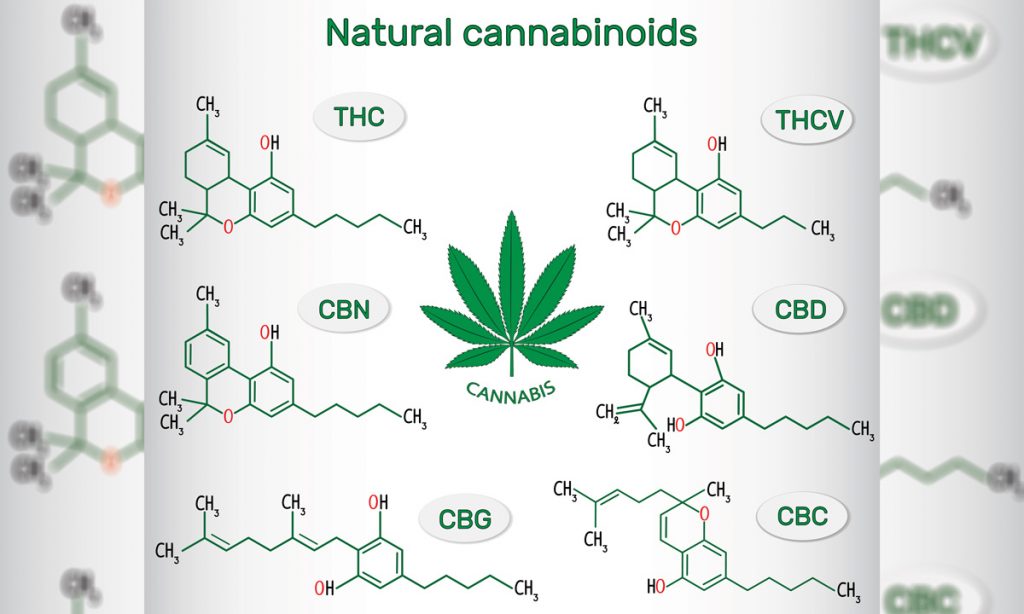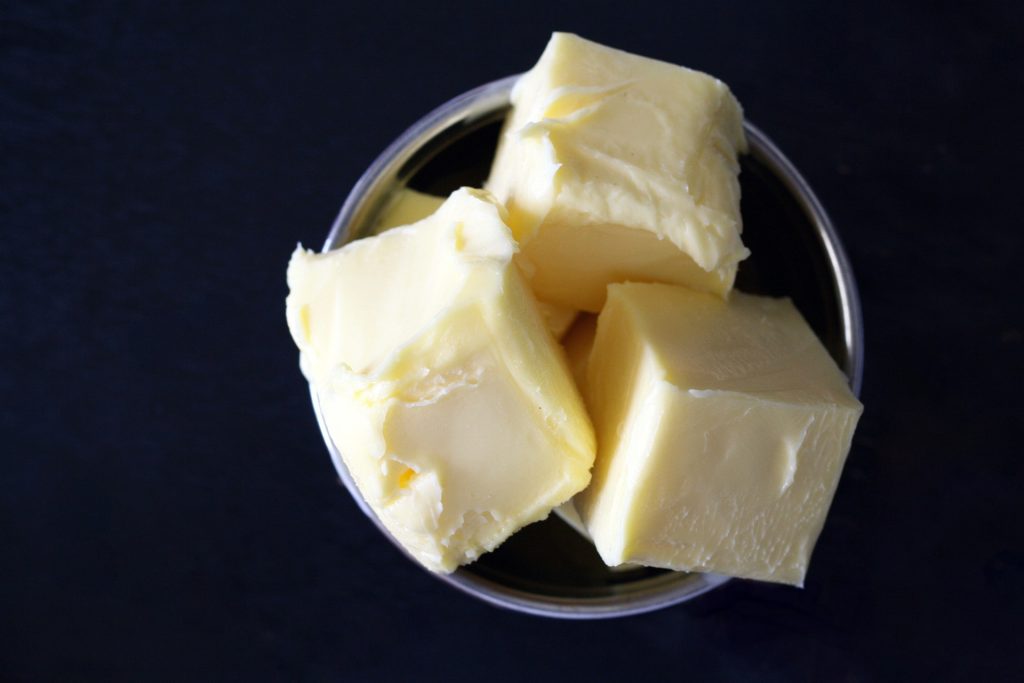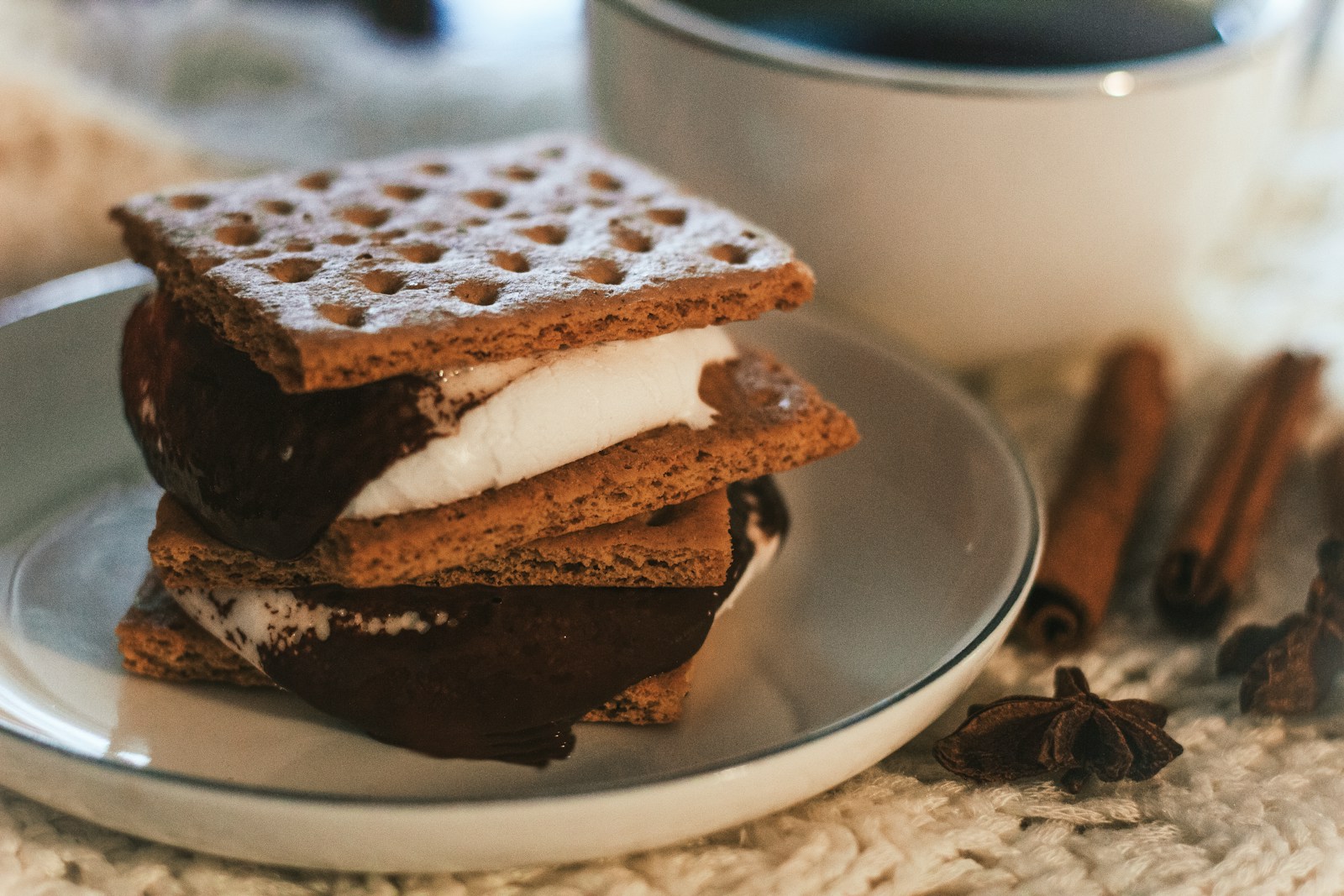Making edibles are fun and they are great for home, camping, the beach, the outdoors, cozy indoors – well, just about everything. But there is one thing to remember.
Summer is here and a chance to enjoy the great outdoors. Beaches, camping, hikes or long walks, or just sitting on the porch and enjoying nature. It is also a great chance to enjoy homemade edibles. If you enjoy cooking, there is one thing to remember about cooking with cannabis, and it makes a HUGE difference. It effects not only the taste, but the journey.
RELATED: This Is What You Need To Do To Marijuana Before You Can Make Edibles
To cook with marijuana, you don’t want the plant’s flavor to take over the dish completely. And you want to monitor the dosage…so you don’t have a 50mg s’more! You need to take the step even some seasoned cooks and bakers may forget – decarboxylation. It’s still a novel idea in modern cooking when home chefs prepare their own ingredients.
Chemically speaking, decarboxylation removes carbon atoms from a carbon chain. For your purpose, it converts THCA to THC. THC, one of the two most discussed compounds in cannabis, is the main cause of the euphoria or the igh. It exists in raw marijuana and as it dries it converts THCA to THC. Decarboxylation jump-starts the process.Here is how to do it successfully.

You will need ground marijuana (finer is better), a baking sheet/pan and, if you have it, baking parchment. Preheat the oven to 225 degrees Fahrenheit. Cover the pan with a sheet of the parchment. Evenly lay the herb out on the paper. Bake at 225 for 45 minutes.
RELATED: Consuming Cannabis Before Workouts Can Help
As with barbecue, there are hundreds of Vital Secret Rules on how to improve. Two things to consider when modifying this recipe: Higher heat may burn the marijuana and make it less effective and taste worse. Low and slow may be the way to go, but it will release more odor and 75 minutes at 200 degrees might be too much of a time commitment — though that gets great results. Remember to ventilate the area properly and use a timer. Especially if you’ve already been indulging.
Your cannabis is now ready to be added to butter or made into tinctures or flavored oils. Butter and oils are better than adding marijuana directly into a batter. THC is oil (and alcohol) soluble. So when infused, it gets more of the effect, less of the strong plant flavor.

An issue regarding cooking with cannabis is there is no standard dose. Unlike alcohol, where most adults know what one drink will do to them, it varies for weed. Share with an experience budtender at the dispensary your baking or cooking plans and seek guidance. Take note of the THC percentage as you consider your recipe. More food is better rather than more cannabis.. When cooking, start with a little. Use the 420 Chef’s calculator to gauge how much THC you will be adding to servings. Write this down. After eating make some notes and some suggestions less/more for next time.
RELATED: 5 Ways To Figure Out THC Dosage With Cannabutter
Keep in mind smoking marijuana can have an effect in five minutes and is gone in two hours or less. The body processes edible cannabis differently and it can take an hour or more to have an effect, which can last up to four hours. The potential danger is a newbie can eat, not feel anything in 30 minutes, then eat more.


